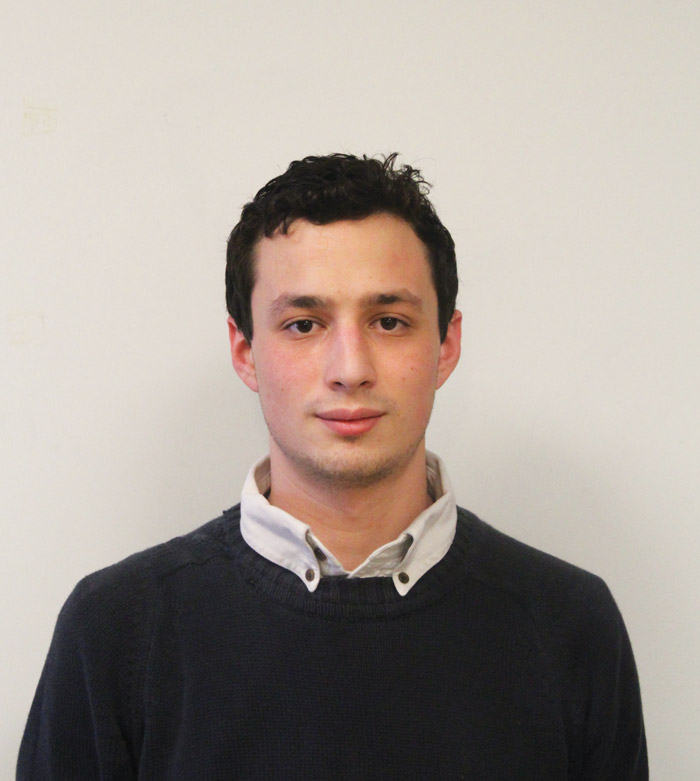Dr. Claudio Cuello told Adam Marks that he could have a job if he found someone in the lab to take him on as an undergraduate researcher. Accepting the challenge, Marks approached a masters student to ask for a role. Two years later, the two of them are under review for publication, with another study in the works.
Alzheimer’s disease is typically characterized by short-term memory loss and disorientation, tending to manifest with age. Despite a recent surge of awareness, very little is known about the disease. As such, a majority of research surrounding Alzheimer’s currently focuses on understanding the disease from a biomolecular standpoint, rather than developing treatment methods.
Cuello’s lab at McGill is one of the foremost research centres on Alzheimer’s disease. Marks, who applied to Cuello’s lab in his sophomore year, is now a third-year biochemistry student working on his own projects at the Cuello lab. His current research focuses on characterizing the disease.
“[We’re trying to] look for biomarkers [to] understand the background mechanism behind why the symptoms are manifesting in the way that they are,” Marks said. “[We’re] looking at the cognitive deficits, outcomes of what’s going on, and [reasons] why these things are going on.”
The disease is typically characterized by both an accumulation of amyloid beta plaque proteins in the brain, and a build-up of tau protein aggregates. Although researchers have discovered that these aggregates are present in the brain of Alzheimer’s patients, no conclusions have yet been made as to the cause of these build-ups.
At the moment, Marks works with a rat amylopathy model—developed by the lab to mirror the pathogenesis of Alzheimer’s—to find novel markers of the disease.
“I’ve been doing […] a lot of immunohistochemistry [protocols], which involves taking tissues—either rat brain or mouse brain […] and staining it with antibodies against a specific protein, looking [at cells under a microscope], trying to find localizations of these proteins, and trying to find trends in the data,” Marks said.
Marks has been involved in research since his high school days, when he worked in a lab studying Multiple Sclerosis. Approaching two years now in the Cuello lab, Marks has achieved the seniority to engage in more projects, able to give more input on the research that is conducted in the lab. Although most students conducting undergraduate research focus primarily on applying to medical school, Marks said he has no desire to limit himself to clinical medicine. After all these years devoted to research, his goal is to develop his own research project as part of an MD/PhD program.
“For me personally, I need to maintain this aspect of my life with research,” Marks said. “With the [MD/PhD], you get a dual degree [….] You need to fully devote yourself to medical school and give 100 per cent to your research. I think that’s a nice balance, and it’s exactly what I want to do with my life.”
Beyond his passion for the research itself, Marks champions the research community and the sense of collaboration it creates.
“I like the whole [concept] behind research and the community it generates,” Marks said. “The whole sharing […] between labs and even lab members, just bouncing ideas off each other. It’s really an environment for developing new ideas and improving the scientific community as a whole.”









